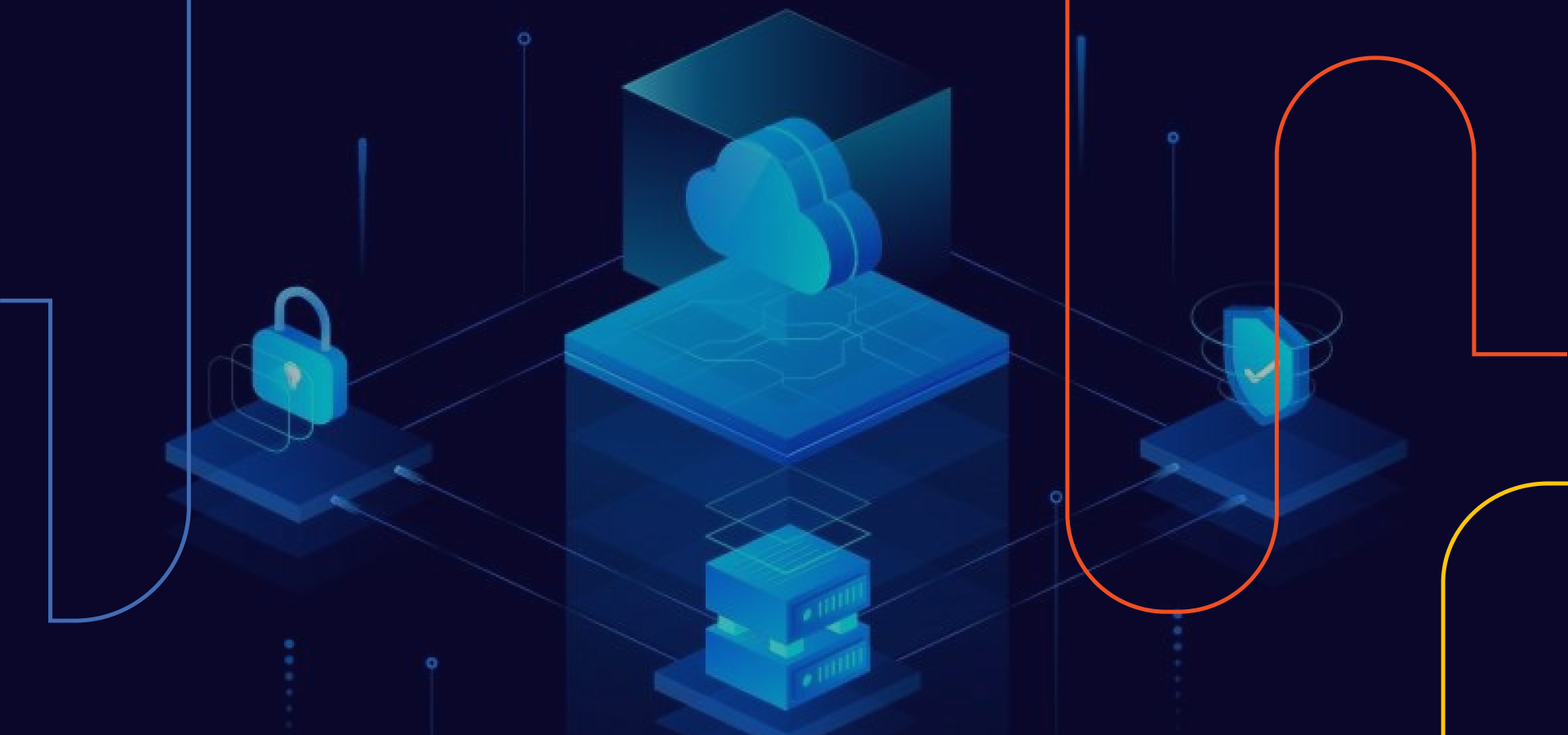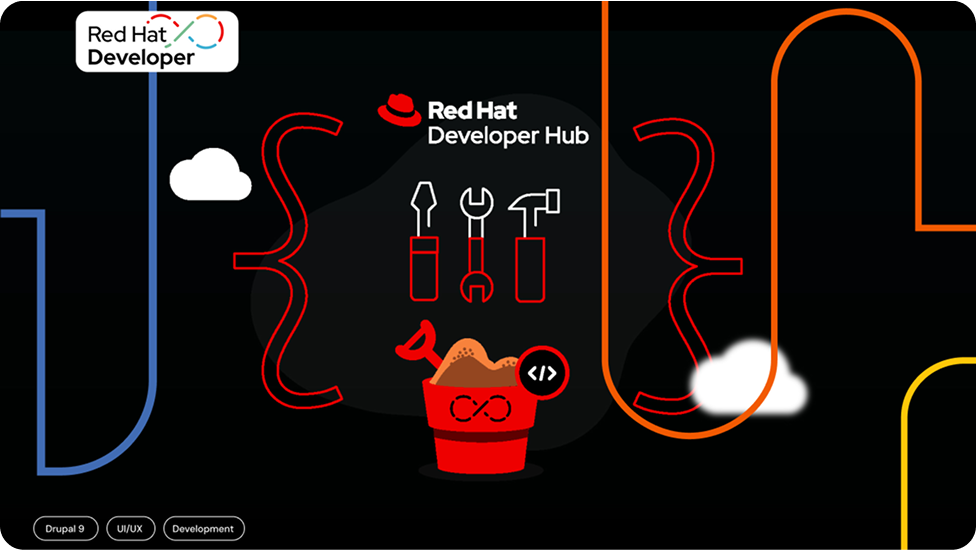
Engineering Background Capture On iOS & Android
Data & Analytics
Ready to modernize? Let Axelerant migrate your data with speed, structure, and strategic clarity.

We help enterprises unlock agility and innovation through three core data migration offerings:
We can help answer questions like:
By combining architectural depth with automation and DevOps precision, we help you securely modernize your data ecosystem. Our migration process includes the following steps:

We start by evaluating your data platforms, pipelines, and interdependencies to inform target-state architecture.
Our engineering teams define the right-fit cloud setup based on volume, latency, governance, and business goals.
We use tools like dbt, NiFi, Fivetran, and Airflow to build scalable, monitored pipelines for phased or full-load migration.
We ensure accuracy with reconciliation checks, performance benchmarking, and analytics enablement across tools like Power BI and Tableau.
Migrating to cloud-native platforms significantly lowers infrastructure costs: enterprises typically realize savings between 15–40% by retiring legacy systems and optimizing usage.
Cloud-mature organizations experience up to 26% faster business growth. With real-time access to analytics and data services, you respond to market shifts quicker.
Migration is not a short-term fix, it unlocks compounding returns. Studies show a 11.2% boost in year-over-year profit margins post cloud adoption due to better automation, scalability, and
Modern platforms cut friction in delivery pipelines: 51% of companies see improved time-to-market, translating to faster launches and more agile operations.
"In today’s cloud economy, data migration isn’t just about moving workloads—it’s about architecting for performance, governance, and long-term agility. At Axelerant, we approach every migration as an opportunity to help our clients reinvent how they work with data."
Bassam Ismail, Director, Digital Engineering Services, Axelerant
Explore our impactful Acquia product engineering projects.



Technology has fundamentally changed how consumers and companies interact with and relate to each other.